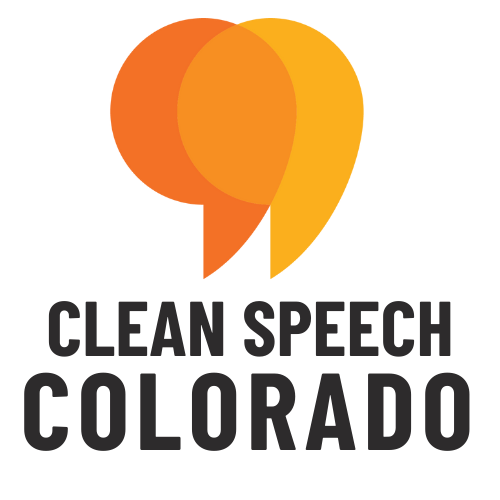The term lashon hara refers to speech that is hurtful or harmful.
For example, discussing someone’s poor character traits, bad habits, or embarrassing moments would be lashon hara, since it’s hurtful to a person to have these things said about them.
“Ethel is a real nudnik.”
“Don’t ask Harold to borrow his lawn mower, he never lends out a thing.”
“Did you see how Brittany kicked her dog?!”
Saying something unflattering, insulting, or unkind about another person is lashon hara. It’s a lowly thing to draw attention to the shortcomings of another person. If they would be hurt by knowing that something was said about them, don’t say it.
Alternatively, we can say something that doesn’t appear to be so negative, but it can cause harm to the person we spoke about. Harm could mean financial loss, like causing someone to lose a job opportunity, “I don’t know if Sam is at full strength these days.” Hearing about Sam’s lack of perfect health could influence a decision about whether an employer hires him.
Or emotional distress, like causing a fallout between friends;
“Jennifer would never be interested in such a relationship.”
An offhand remark about Jennifer’s dating preferences could mean she doesn’t get asked out by someone who would be perfect for her.
We should consider the possible impact of our words and, even if they aren’t clearly insulting, if they will cause harm, those words are lashon hara.
These two types of speech, hurtful speech and harmful speech, comprise the basic cases of lashon hara, speech that the Jewish People has considered off limits for thousands of years. In the next few pages, we’ll clarify the parameters of lashon hara, focus our energies for the month of Clean Speech , and work on removing lashon hara from our daily lives.
Daily To-Do:
Imagine that Siri or Alexa is transcribing your every word and sharing it with the person you’re talking about.
